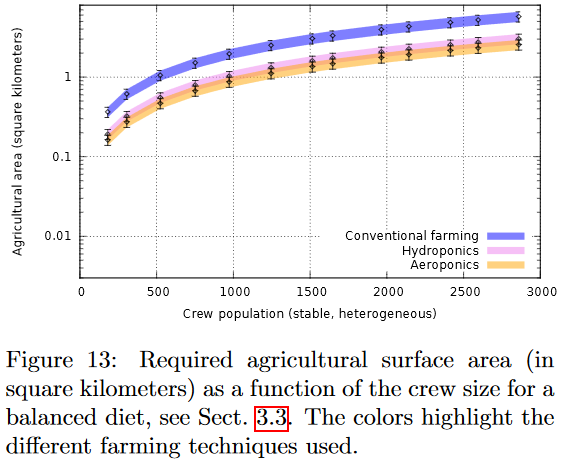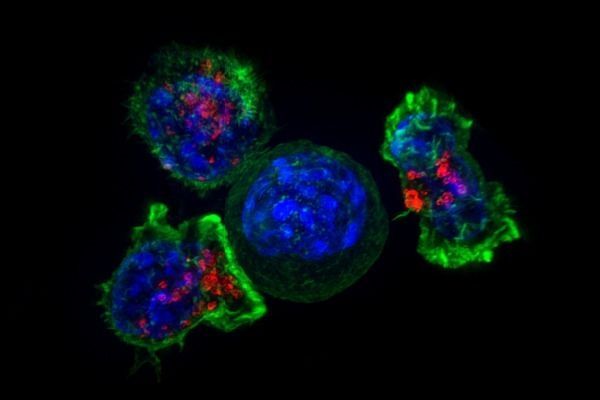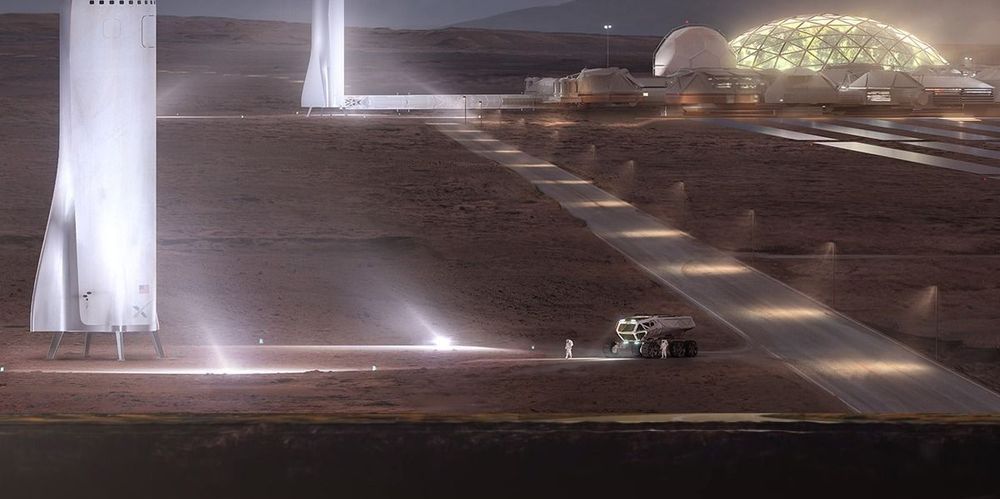Besides that, everyone living much, much longer would cause many other problems. Where do the children of these centenarians live?
Until workable life-preserving technology is available, immortality enthusiasts are also obsessed with staying healthy – some fast on certain days, others watch calories, most exercise – so they are around long enough to benefit from emerging anti-aging science.
In 2019, the quest for everlasting life is, largely, though not always, more scientific. Funded by Silicon Valley elites, researchers believe they are closer than ever to tweaking the human body so that we can finally live forever (or quite a bit longer), even as some worry about pseudoscience in the sector.
Scientists and entrepreneurs are working on a range of techniques, from attempting to stop cells aging, to the practice of injecting young blood into old people – a process denounced as quackery by the Federal Drug Administration this week.









